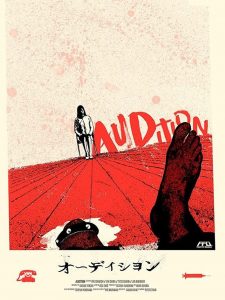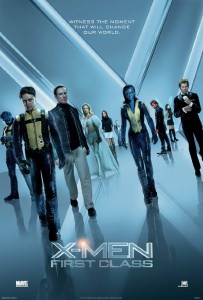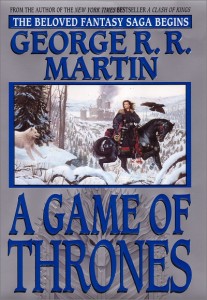The truth of the matter is, good reasons or not, I really didn’t review the book very well last time. So I guess this isn’t so much a revisitation as an actual, um, visitation. (But with less ghosts/aliens than that.) So, here’s the thing about A Clash of Kings: the series no longer has shock value. Okay, that is almost certainly not true, but it no longer has shock value based on the paradigm-shattering events of the type seen in the first book of the series. Not to say that shock value is necessarily a benefit in the first place, I just find it impossible to think of the opening salvo to the series without the issue of expectations rearing its head. But in the second book, expectations have finally been set, and it’s time to see what will happen.
And what does happen? War. I suppose the title implies as much? But for my money, it’s some of the truest, grittiest war out there. I don’t mean the battle scenes, although I loved them, particularly the climactic battle of [spoiler elided]. I mean war and its effects on a pre-industrial society. Sure, we are seeing everything that happens through the viewpoints of lord, ladies, knights, or the children of the above, but that doesn’t mean they cannot see and be affected by (physically as well as emotionally) the devastation to the peasantry going on around them. If I had to pick a theme for the book, it would be simply that. War is hell.
I should add that I’m shocked by how very little happened. With very few exceptions, every character arc was advanced incrementally in terms of both geography and growth. None of it was the least bit unimportant, don’t mistake me, I just thought I’d see more. All of this tells me that the third book will be an even bigger deal than I had remembered, so that’s cool. (But seriously, this is a good book; I know it sounds like I’m describing the chess-positioning of some middle/late Wheel of Time books, and that’s not it at all.)
Incidentally, protected spoilers in the comments.
 What’s that, you say? You want to see a really, really weird movie? Let me recommend
What’s that, you say? You want to see a really, really weird movie? Let me recommend 
